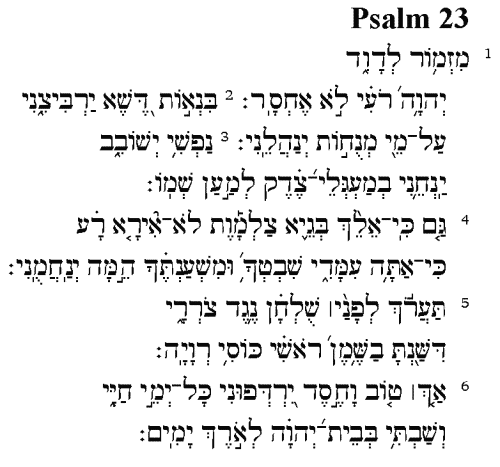 Many people know by now the name, Steve Chalke, in connection with the doctrine of Christ's penal substitutionary atonement. In his 2004 The Lost Message of Jesus, Chalke in a not-so-subtle way argued that the whole classic notion of 'penal substitution' amounts to a form of "cosmic child abuse." While I was busy figuring out 'the Canadian life' and immersing myself in OT historical narratives, Chalke's book stirred up quite the hornet's nest across the pond. Books have been written in response and all sorts of responses have come and gone.
Many people know by now the name, Steve Chalke, in connection with the doctrine of Christ's penal substitutionary atonement. In his 2004 The Lost Message of Jesus, Chalke in a not-so-subtle way argued that the whole classic notion of 'penal substitution' amounts to a form of "cosmic child abuse." While I was busy figuring out 'the Canadian life' and immersing myself in OT historical narratives, Chalke's book stirred up quite the hornet's nest across the pond. Books have been written in response and all sorts of responses have come and gone.Lee Irons pointed out to me a couple months ago about the frequency you see the word 'violence' in books and articles these days in broad evangelical circles; it's all part of a recent trend seeking to recast (if not openly deny!) 'penal substition' because it seems to advocate a message that 'postmoderns' don't wont to hear or can't understand.
Like many of these modern theological issues, N.T. Wright injected himself into the discussion earlier this year via a 'quasi-defense' of Chalke's book. While not endorsing the book per se, he certainly wasted no time blasting those critical of Chalke. As with many of these issues, the questions always seems to come down to: What does Wright really believe about ________?
In November 2007, Wright was interviewed while visiting Asbury Seminary, and the full transcript of that interview can be found here. There's plenty here to comment on, but I'll limit it to his brief discussion about penal substition. Two quotes worth noting:
And the one-liner which he [Chalke] drops in was not, in its origin, a way of saying, “I don’t believe in penal substitution.” It was a way of ruling out of court to one side a distortion of penal substitution which he has heard, which I have heard – the idea of God simply wanting to punish somebody and not caring too much who it was. Oh, well, here’s an innocent man. Let’s punish him and that will be alright, won’t it? Sadly, there are many Christians who preach the doctrine like that.
and then a little bit farther down:
So we have to understand the doctrine of penal substitution within the Scriptural framework, within which it makes sense, rather than within this very low grade thing that I’ve been a naughty boy, God wants to punish me, and for some reason, he punishes someone else, so phew! I’m alright. OK. For a five-year-old, that’s fine. That’ll maybe do it. But, actually let’s grow up! We’re not talking about five-year-olds here; we’re talking about grown men and women who ought to know better, to be honest.
I'll grant for sake of argument that there are probably some Christian ministers that preach the doctrine of 'penal substitution' in an unbiblical way. But when Wright speaks of this "...idea of God simply wanting to punish somebody and not caring too much who it was," I honestly have to wonder just who he's speaking of. If this version of 'penal substitution' is out there, I certainly don't know where it exists, let alone who is teaching it. Even the most committed 'hell, fire, and brimstone' preacher that beats people up with the Law -- a significant error in its own right -- would not recognize this sort of caricature that Wright imagines. The fact that Wright would seek to defend Chalke on the premise of a non-existent view of penal substitution is quite troubling, even taking into account the quotations Jim Hamilton and Trevin Wax have gathered to demonstrate that Wright personally holds to a doctrine of penal substitution.
When you put it all together, I don't have a whole lot of confidence that N.T. Wright understands penal substitution correctly, for the simple reason that all these loose ends in Wright-speak simply do not cohere. I'm inclined to think the Oakhill men (Steve Jeffery, Mike Ovey and Andrew Sach) are surely right to identify their disagreement with Wright as a "methodological one" at its core. In other words, this cannot be written off simply as a matter of emphasizing one thing more than the other; Wright seems to be tolerating a fundamentally different way we should think about the atonement.
For a nice survey of the classic doctrine of penal substitution, check out J.I. Packer's recent article here. One can't help but notice a substantial difference between these two Anglicans! Packer is certainly aware of these theological developments in his native homeland, and holds nothing back in exposing precisely why this notion of 'cosmic child abuse' is wrong on just about every level.
UPDATE (Dec. 20): You can read Lee Irons' further elaboration on this post at the Upper Register blog.






No comments:
Post a Comment